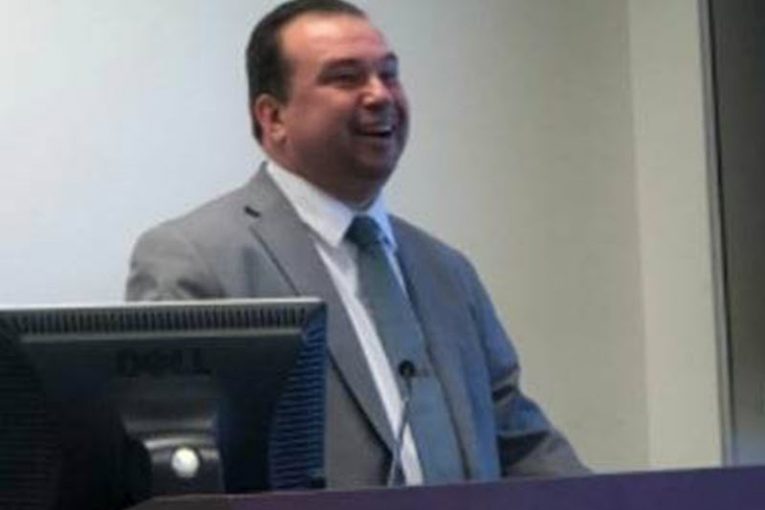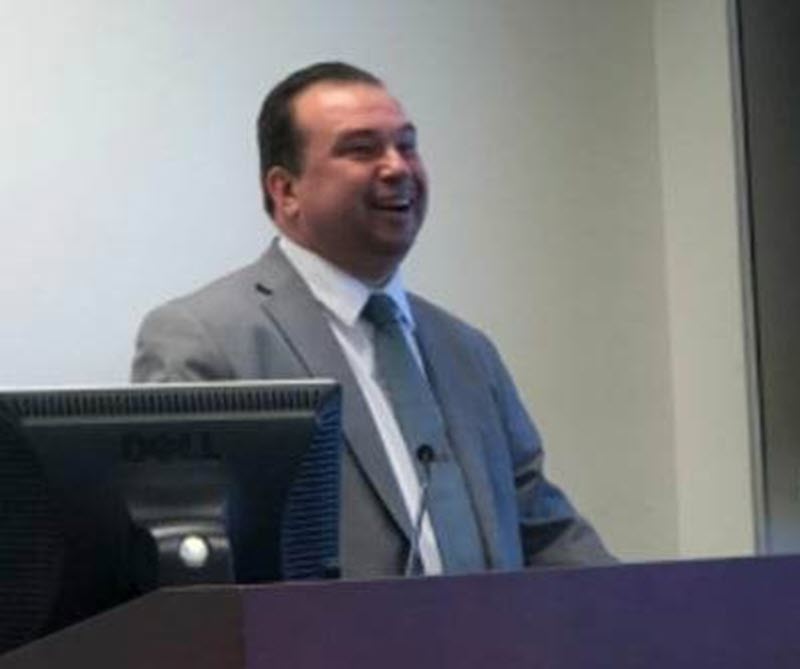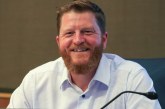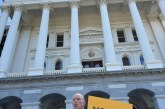

by Jeffrey Deskovic
(Editor’s note: This is from a speech given July 17, 2022 – Jeffrey Deskovic Overcoming Adversity, Becoming An Advocate).
Wrongful conviction happens everywhere. My wrongful conviction case was no anomaly—from 1989 till now, more than 3,100 people across the United States have been exonerated from prisons. On the opening day of the Jeffrey Deskovic Foundation for Justice, I was joined by many others who had suffered through this experience and found justice.
Fernando Bermuda was one, who spent 18 years in prison before he was exonerated—and was misidentified by five people. Jabbar Collins is another who did 16 years in prison before finding freedom.
The Foundation has been able to free eleven people and pass nine laws. Three of these laws were regarding videotaping interrogations, identification reform and DNA databases.
William Lopez spent 23 and a half years in prison for a shotgun murder before we were able to help him be exonerated. While Lopez had a preexisting legal team that had been helping him for the past nine years, we worked with Lopez and performed investigative work. His case was kind of like a building that was built that was missing a section and we helped put that in. Lopez was exonerated after 23 and a half years and passed away after a year and a half of freedom.
The second person we helped exonerate is William Haughey, who did eight years and four months for an arson case that was actually the result of an electrical fire. We were able to do that case completely in-house. We got the Putnam County District Attorney to agree with us that he was innocent.
I have done other work with a coalition group called It Could Happen to You where we were able to pass an additional five laws in New York including the country’s first oversight commission, called the Commission on Prosecutor Conduct. In addition, we helped to pass the Discovery Law, which pertains to automatically sharing information between the prosecutors and the defense early on.
Our team in Pennsylvania comprises of a number of wrongfully convicted individuals that have gone on to do this amazing work. Members of the team include Terrence Lois, who did 21 years and four months, Mark Whitaker, who did 21 years and seven months, and Drew Whitley, who did 20 years before being exonerated with the help of DNA evidence. These are only a few examples of the many individuals on the Pennsylvania team who faced wrongful conviction and are helping fight it today.
We are currently challenging the Wrongful Convictions Act here in New York, which would provide an attorney for people who are seeking post-conviction proceedings. In my case, this would have made it so I wouldn’t have had to write letters for four years trying to get someone to take my case for free. Challenging the Wrongful Convictions Act would prevent individuals who have pleaded guilty to demonstrate their innocence in addition to allowing newly discovered evidence.
The way the law is now, anyone that’s pleaded guilty—and we know innocent people have pleaded guilty—let’s say you get a terrible lawyer, you plead guilty of something you didn’t do just in a damage control. You decide to take the five to 15 years rather than going to trial, losing and getting 25 years. Now subsequent to that, you wind up with a good attorney that finds good evidence for you. That attorney is not able to argue actual innocence because you pleaded guilty—they’re stuck doing mental gymnastics.
We are in a waiting game with regards to the Commission on Prosecutor Conduct. We passed the bill and we got the Governor to put money in the State Budget. The issue is that the Governor, the Speaker of the House, the President of the Senate, the Minority Leader and the Assembly—nobody’s made their picks. If commissioners aren’t picked, the commission can’t begin its work.
We are also working on the Youth Interrogation Act. I never understood my rights as a 16-year-old. They said everything you can and will be used against you in a court of law. My mind went to civil court. I’m thinking “Court, what are you talking about? We’re not going to court.” I had no idea at the time and neither do other people at that age. Anyone 16 or 17 should be able to speak with a lawyer and have their rights explained to them before they decide whether or not they’re going to waive them.
In addition to working towards measures to provide wrongfully convicted individuals with compensation in the state of Pennsylvania, we have 17 active cases that we’re working on. One which we are working on predated my law license and involves a woman, Carolyn Warner, who survived 27 years of wrongful incarceration. We took the case pro bono and when I got my law license, the attorney circled back around to me and said, “Jeff, we really would like you to enter the case as co-counsel.” We helped to get her on parole. The next step is to try to exonerate her. We’re just waiting for the results of A DNA test.
There are lots of ways to get involved with this work. In general, definitely contact your elected officials and express support for the measures that I just measured and other bills that would prevent wrongful conviction.
Don’t get out of jury duty. Did everybody hear me? Do not get out of jury duty. Serve on the jury and put the prosecution through its burden of proof. If they fulfill that burden, you know which way to vote and if they don’t—you also know what to do.
Vote for candidates that are in favor of criminal justice reform and wrongful conviction prevention. Vote out the ones that are against it. No one party has a monopoly on this.
When there are wrongful conviction events, then definitely sign petitions when they come around.
I want to share with you my universal formula that I came up with for overcoming adversity and helping other people. This is far beyond just wrongful imprisonment—it applies to family members of homicide victims, victims of domestic abuse, people who’ve been trafficked, people who’ve faced discrimination. You name the adversity, it can apply.
So here it is: have a goal, have a realistic plan. You should be able to look at your realistic plan three or four different ways and say to yourself, “Yeah, I could see how that might work.” Who wants to carry out a plan that you don’t think has a chance to work? Be flexible. Remember the goal’s, the goal, the plan’s not the goal. That’s just the way to get there. So if in the course you carry out your plan and a different door opens, as long as it’s advancing you towards that goal, be flexible and walk through that door. Accept that help. Don’t be afraid of hard work.
People that put themselves in a position for a miracle to happen are more likely to catch lightning in a bottle as opposed to doing nothing at all.
No excuses. There might be reasons why a goal is more difficult to do, but there is no excuse why it can’t be done. It’s all a matter of how much you want it. Are you willing to leave it all out on the field?
Never give up. That’s the last part of it. Say to yourself: when I do this, I apply all of this to myself. When I can’t go any further, I say to myself, maybe this is the key moment right here, right now. Maybe I was on the verge of a breakthrough, but because I  quit, it’s not going to happen. So even though I can’t go on anymore, I’m going to go on anyway just to see what happens on the other side.
quit, it’s not going to happen. So even though I can’t go on anymore, I’m going to go on anyway just to see what happens on the other side.
Then once you cross the other side and you make it back for people in the same position that you were in, it’ll make your suffering count for something. It’ll be healing, it’ll be cathartic, it’ll give you meaning and it’ll help make the world just a little bit better.





